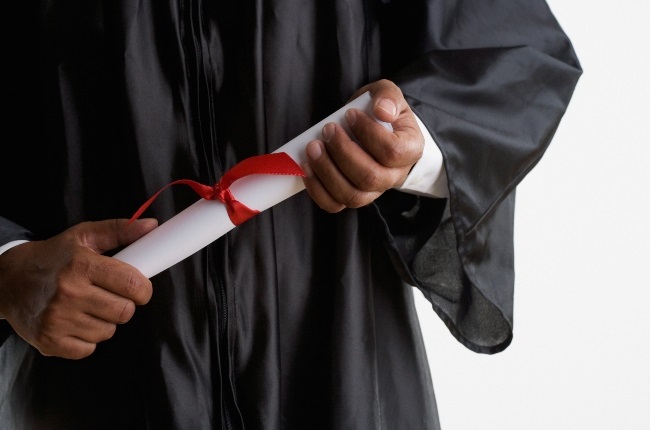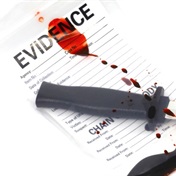
It's normal for former and current students to be alarmed when their university's courses are called into question.
But the rumours that have been swirling about Unisa's accounting programmes being unaccredited remain just that, the university has said, rumours that are not substantiated by facts.
The University of South Africa urged students who are concerned about the status of their qualification to visit SAICA’s website in order to fully understand SAICA’s accreditation process.
"SAICA confirms that it has not withdrawn its accreditation of Unisa," the accounting body said in a statement.
"In SAICA’s recent accreditation visit to Unisa, areas of improvement were identified for which Unisa has already submitted a plan to address the matters outlined in the SAICA report. Institutions of higher learning have previously been in a similar position and have successfully implemented the relevant remedies.
"Therefore, graduates who already hold a SAICA accredited Unisa qualification, should rest assured in the knowledge that their qualifications are fully accredited by SAICA. Many of these Unisa graduates have already successfully completed SAICA’s professional examinations as they hold valid Unisa qualifications.
"SAICA also assures students currently registered on Unisa’s programmes, accredited by SAICA, that Unisa is indeed currently fully accredited by SAICA."
Read more | Why so many South African children struggle to read and write
The panic following the confusion over the accreditation status of Unisa's accounting programmes follows news that some universities in South Africa had been enrolling students for courses that were not accredited.
While the University of Fort Hare's spokesperson, JP Roodt, said that only 25 students were affected and under one programme at his institution, it later emerged that there may be more students affected.
Meanwhile, Walter Sisulu University (WSU) students were distressed when news broke that some of the programmes offered at WSU were not accredited. Meetings with various stakeholders were held to assess these allegations.
"The three organisations, CHE, SAQA, and DHET, have reviewed their records and confirm that the following programmes referenced in the articles meet all the requirements for offering ie, they are on the PQM of the university, they are accredited, and they are registered on the NQF," said the Council on Higher Education (CHE) in a statement, News24 reported.
Unisa has clarified that its accounting programmes remain accredited.
"Following recent misleading reports in the media on the status of the University of South Africa’s programmes accredited by the South African Institute of Chartered Accountants (SAICA), the institute has, in a press release issued on 11 July 2022, reiterated its previously communicated stance that Unisa retains its SAICA accreditation and, moreover, that graduates who already hold a SAICA-accredited Unisa qualification should rest assured in the knowledge that their qualifications are fully accredited," said the university.
SAICA states unambiguously that Unisa’s accounting programmes remain accredited https://t.co/HOnKN3hUUp pic.twitter.com/LxNKIszR9n
— Unisa (@unisa) July 14, 2022
In a recent interview with Drum, legal expert Koketso Molope explained that universities have a legal obligation to ensure the courses and qualifications provided are accredited.
Read more | Oskido scores distinctions after going back to school: ‘I feel duty-bound to share these results’
A student or former student who learns that the course for which they registered is unaccredited can either seek financial compensation or try and pursue a class action lawsuit, says Koketso who provides multi-disciplinary legal services.
"Students can be financially compensated for their fees if they approach a court for relief, without the need for formal legal representation. The amount claimed will determine which court has the jurisdiction to adjudicate the matter. Claims exceeding R400,000 will be heard by the High Court," says Koketso.
"A class action lawsuit is a type of lawsuit where one of the parties is a group of people who are represented collectively by a member or members of that group."
And for former students who are already professionals in their respective fields, Melanie Hart, who is an employment lawyer, says, unfortunately, the employer would be entitled to follow an incapacity process should the employee not hold the necessary qualifications to meet the inherent job requirements for the particular position held.
“During the incapacity process, the employer would be required to explore reasonable alternatives, such as transferring the employee to another position which does not require the particular qualification whilst allowing the employee to acquire the necessary qualification.”



















